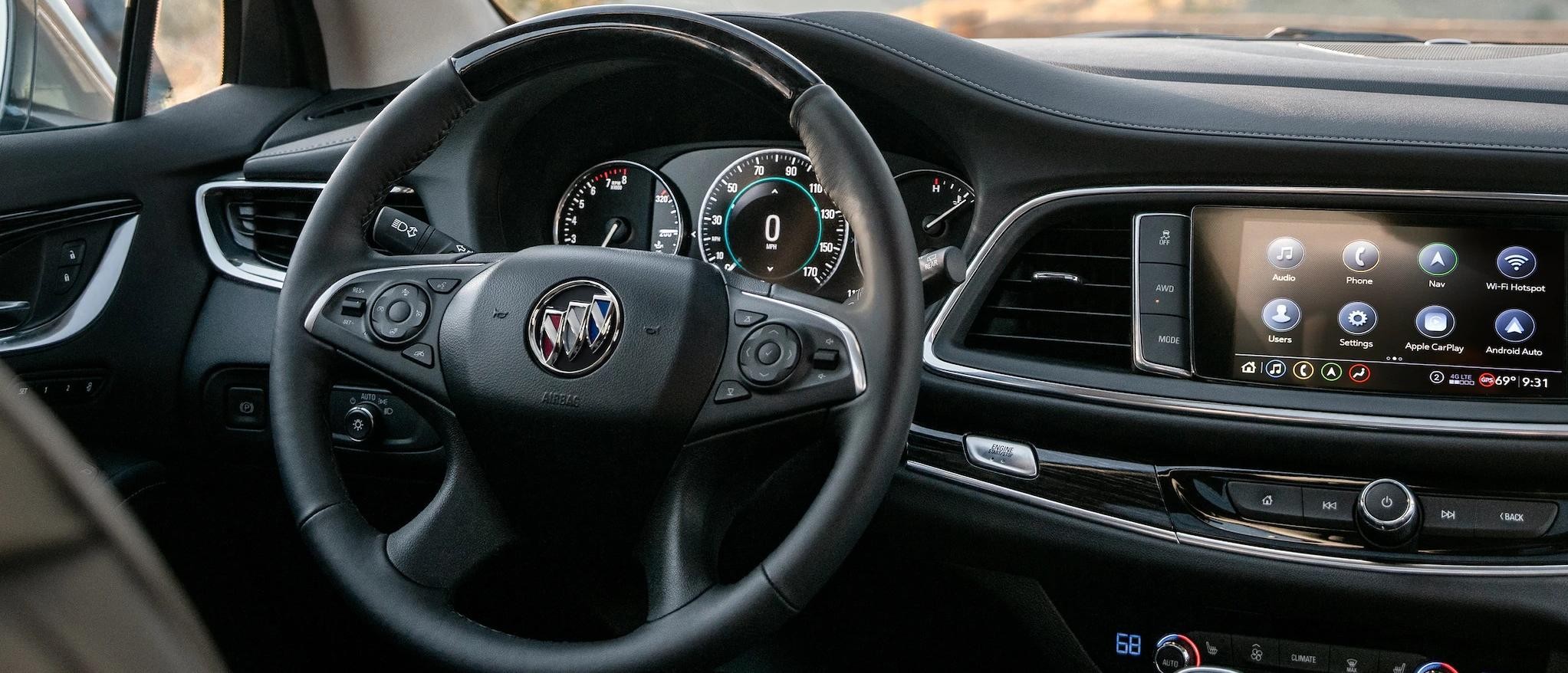How to Improve Your Gas Mileage

Gas prices show no signs of going up, which makes visiting the fuel pump one of the most expensive parts of owning a car. Improving your gas mileage saves you money, minimizes trips to the gas station, and gets you farther on one full tank. Check out our tips for maximizing your fuel economy.
Minimize Air Conditioning Use
Pick the Right Car
With so many models available, picking the right car to begin with is the single best way to improve your gas mileage around Nashville, TN. If you choose the 2020 Buick Encore, you’ll get up to 30 MPG on the highway and 25 MPG in the city. Contrast this with the GMC Yukon, which only delivers 22 MPG on the highway and 15 MPG in the city in exchange for a more powerful engine.
If you need help figuring out the fuel economy of individual vehicles, then start with the Research menu option on our website. Then give us a call at Leachman Buick GMC in Bowling Green, KY. Our knowledgeable sales consultants will be thrilled to answer your fuel economy questions and steer you to high-mileage cars. They can then invite you to come down and test drive any model you choose.
Ease Up on the Gas
Don’t go beyond the speed limit. According to Consumer Reports, bumping up from 55 to 65 MPG reduced fuel efficiency by 4 to 8 MPG in their tests. Going up to 75 MPH, dropped fuel economy by a further 5 to 7 MPG. Avoid hard acceleration and braking, which can also reduce mileage. After you accelerate on the highway, drive at a steady pace, and smoothly transition between speeds or to braking. Take advantage of cruise control, if you have it, to drive at a constant speed.
Inflate the Tires
The pressure required for your tires are typically listed in the door jamb of your car or in the owner’s manual. Check for the correct tire pressure every time you fuel up or every 30 days, whichever is soonest. A tire that loses as little as 10 PSI of air pressure can lose as much as 1.3 MPG, according to Consumer Reports. In addition, under-inflated tires wear faster, run hotter, and make a vehicle harder to handle.
Keep the Gas Cap at a Tight Seal
Your gas cap is outlined in rubber to form an airtight seal before your gas tank. If you don’t screw the cap in tightly or allow it to crack and degrade, then air can enter your gas tank and continue into your car engine. More air in the fuel makes your engine burn more gas, which increases fuel use.
Consolidate Your Trips
Before you drive out for the day, spend some time beforehand planning all the errands you can combine into one trip. Take advantage of GPS navigation in your vehicle or car to scope where you can fulfill the items on your to-do list. You can then go out in your vehicle and return just once, instead of constantly starting and stopping the engine as you take multiple trips to do your errands.
Minimize Air Conditioning Use
Turning your air-conditioner on can lower fuel economy, especially if you have to contend with stop and go traffic, which prevents your unit from operating efficiently. Under such conditions, open your vents and roll down your windows to let in outside air. Once you hit the highway and go beyond 60 MPH, roll up the windows to reduce drag and switch on the AC.
Replace the Air Filter and Spark Plugs
To help your engine run more efficiently and burn less gas, replace the air filter and spark plugs during your routine auto checkups. This is something you can even do yourself if you want to save money. Consult your owner’s manual for instructions.
Avoid Excess Weight
Just like carrying heavy groceries slows you down when you walk and makes you more tired, adding excess weight to your car makes the engine work harder and burn more fuel. Investopedia estimates that every 100 additional pounds in your car can reduce gas mileage by up to 2 percent. Remove anything that you don’t need from your vehicle and store it in the garage instead.
